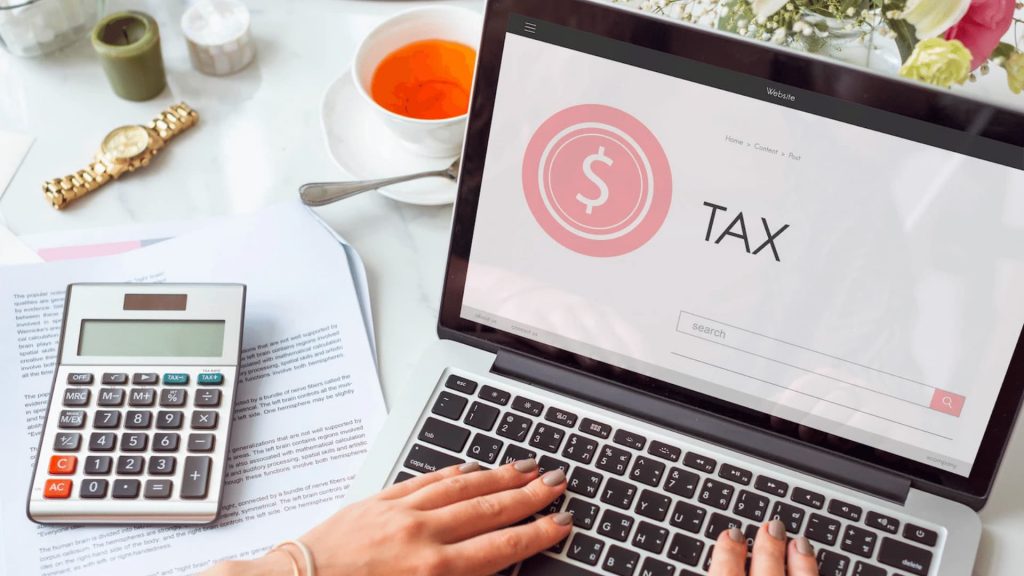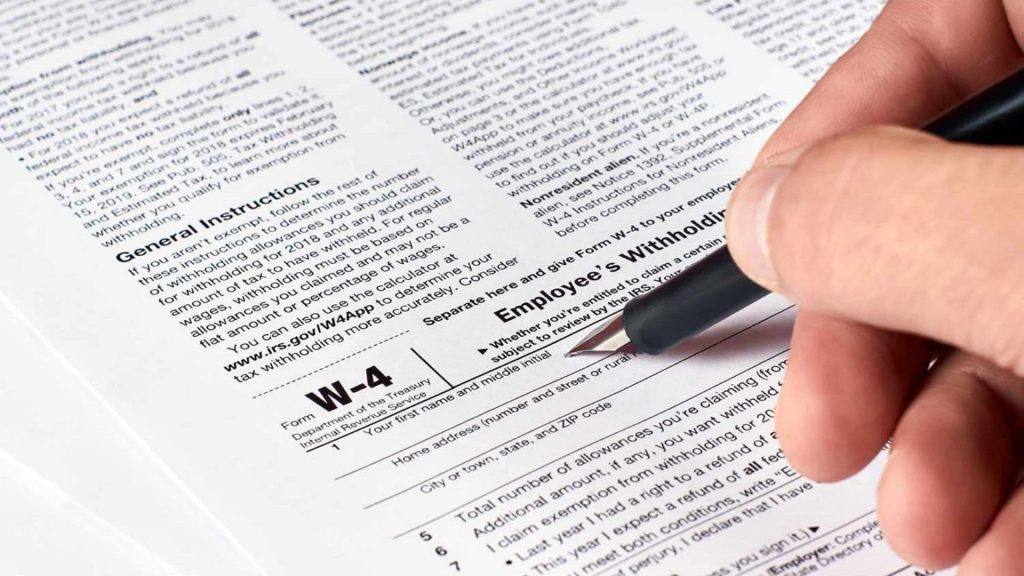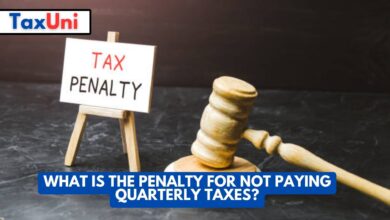Essential Tips for Managing U.S. Taxes as an Independent Worker
Essential tips for managing US taxes as an independent worker. Stay ahead of the game and maximize your earnings with expert strategies for freelancers.

Contents
The gig economy has been on the rise in recent years, with more people choosing to work as independent contractors or freelancers. Navigating the U.S. tax system as a freelancer can be confusing and overwhelming. This Freelancer’s Tax Guide will provide essential tips and information for managing your taxes in 2025.
1. Understanding the Freelancer Tax Landscape
Freelancers are considered self-employed individuals who are responsible for paying their own taxes. As a freelancer, you’ll need to pay income and self-employment taxes, including Social Security and Medicare taxes.
Key Points:
- Freelancers are classified as self-employed individuals
- You must pay income tax and self-employment tax

2. Important Tax Forms for Freelancers
As a freelancer, you’ll encounter several tax forms that you must be familiar with:
- Form 1099-NEC: This form is used to report nonemployee compensation. If you earn more than $600 from a single client in 2024, they are required to send you a Form 1099-NEC by January 31st of 2025.
- Form W-9: This is a request for your taxpayer identification number (TIN). Clients often ask you to fill this out before sending you a Form 1099-NEC.
- Schedule C (Form 1040): This form is used to report your profit or loss from your freelancing business. You’ll need to complete this form when filing your annual tax return.
- Schedule SE (Form 1040): This form calculates your self-employment tax, which includes Social Security and Medicare taxes.
Key Points:
- Be familiar with Form 1099-NEC, Form W-9, Schedule C, and Schedule SE
- Keep track of all 1099-NEC forms received from clients
3. Deductions and Expenses
You can deduct many business-related expenses from your taxable income as a freelancer. Common deductions include:
- Home office expenses
- Business travel and meals
- Office supplies and equipment
- Professional development and education
- Business insurance
- Advertising and marketing costs
Key Points:
- Keep meticulous records of your business expenses
- Understand which deductions you’re eligible for

4. Quarterly Estimated Taxes
Freelancers are typically required to pay estimated taxes quarterly. You’ll need to estimate your income and self-employment taxes for the year to calculate your estimated tax payments. Use Form 1040-ES to help with this process.
Key Points:
- Estimated tax payments are due four times per year
- Use Form 1040-ES to calculate your estimated tax payments.
5. Filing Your Taxes
When it’s time to file your taxes, make sure you have all the necessary forms and documentation. You’ll need to file Form 1040 (U.S. Individual Income Tax Return), Schedule C, and Schedule SE. In addition, don’t forget to report any income that you didn’t receive a Form 1099-NEC for.
Key Points:
- Prepare Form 1040, Schedule C, and Schedule SE for filing.
- Report all income, even if you didn’t receive a Form 1099-NEC

6. Tax Planning Tips for 2025 and Beyond
Effective tax planning can save you money and reduce your tax liability. Here are some tips to consider:
- Keep accurate and organized records of your income and expenses
- Set aside money from each payment for taxes
- Consult with a tax professional for personalized advice
- Consider using tax software or hiring a professional to help with filing
Key Points:
- Stay organized and plan ahead to minimize your tax liability
- Consult with a tax professional or use tax software for assistance
7. Frequently Asked Questions
Yes, self-employed individuals can deduct their health insurance premiums as an adjustment to income, provided they’re not eligible for health coverage through a spouse or another employer-sponsored plan.
What if I didn’t make any estimated tax payments?
If you didn’t make estimated tax payments, you may be subject to underpayment penalties. However, you can still file your taxes and pay any remaining balance due. If you expect your freelance income to be consistent or increase in the future, make sure to start making estimated tax payments to avoid penalties.
How do I know if I need to pay self-employment tax?
If your net earnings from self-employment are $400 or more, you are generally required to pay self-employment tax. This tax covers Social Security and Medicare taxes that would typically be withheld by an employer.
Can I contribute to a retirement plan as a freelancer?
Yes, freelancers can contribute to retirement plans such as a Simplified Employee Pension (SEP) IRA, a Solo 401(k), or a traditional or Roth IRA. These contributions can help reduce your taxable income and provide tax benefits for your future.
Managing your taxes as a freelancer can be challenging, but with proper planning and organization, you can minimize your tax liability and avoid surprises come tax season. By understanding the tax forms, deductions, and responsibilities specific to freelancers, you’ll be better prepared to handle your taxes in 2025 and beyond.





